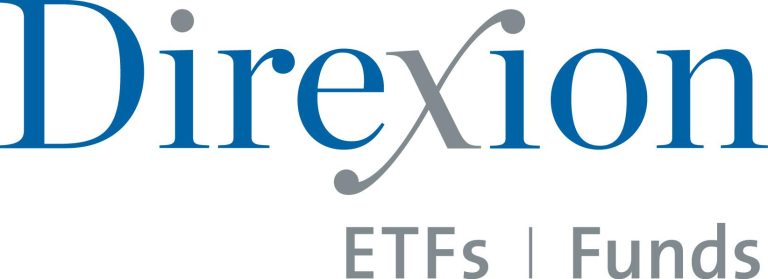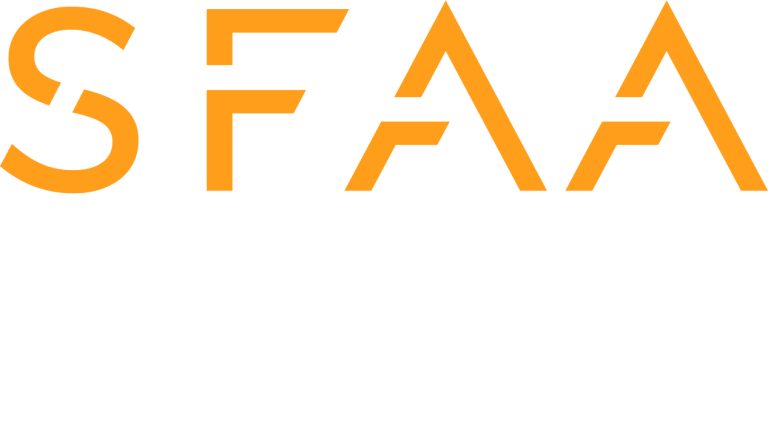
Rich Couture, a spokesperson for the AFGE SSA General Committee, a union representing roughly 42,000 Social Security workers, is sounding the alarm about the far-reaching impact of Elon Musk’s Department of Government Efficiency (DOGE) on the nation’s social safety net.
Don’t miss
- I’m 49 years old and have nothing saved for retirement — what should I do? Don’t panic. Here are 5 of the easiest ways you can catch up (and fast)
- Thanks to Jeff Bezos, you can now become a landlord for as little as $100 — and no, you don’t have to deal with tenants or fix freezers. Here’s how
- Gain potential quarterly income through this $1B private real estate fund — even if you’re not a millionaire. Here’s how to get started with as little as $10
In fact, he believes the cuts that have been announced so far could put the agency into a “death spiral.” Here’s why he is so concerned about the agency’s future.
Negative feedback loop
On paper, the Social Security Administration’s (SSA) planned cuts don’t look so extensive. Earlier this year, SSA acting commissioner Leland Dudek announced the federal agency would slash its workforce from 57,000 down to 50,000, which implies a 12.2 percent reduction to the workforce.
However, in an interview with Marketplace, Couture highlighted that the agency was already operating at a barebones level before these layoffs were implemented.
“Social Security is at a 50-year staffing low,” he said. “We currently have 57,000 workers serving about 73 million Americans, compared to fiscal year 2010, where we had 67,000 workers serving 60 million Americans. And we know by estimates that about 10,000 Americans turn age 65 every day — that’s when they become Medicare-eligible — and we handle Medicare applications … We haven’t been funded the way that we needed to be funded in order to keep up with this explosion in beneficiary growth, and it’s had real impact on service delivery and on productivity.”
Speaking to The Guardian, he expressed concern that cutting staff and shutting offices increases the workload for the remaining staff, which ultimately lowers morale and could lead to resignations.
This creates a “negative feedback loop,” he said, "until the agency ends up in a death spiral with staffing, inducing office closures."
Signs of chaos have already emerged. The Washington Post reported in March that the agency is “engulfed in crisis” with long waits, website crashes and office managers answering phones in place of receptionists.
Read more: Want an extra $1,300,000 when you retire? Dave Ramsey says this 7-step plan ‘works every single time’ to kill debt, get rich in America — and that ‘anyone’ can do it
"I’m hearing from Social Security recipients in MA who’ve been marked as ‘not currently receiving payments,’ on the Social Security website," Sen. Elizabeth Warren said on X, formerly Twitter, last month.
During his "Fighting Oligarchy Tour," Sen. Bernie Sanders also warned that the rapid layoffs and office closures are, “making it harder for people with disabilities and older people to get the benefits that they have paid into for their whole lives.”
Instead of responding to these concerns, Couture believes the Trump administration is likely to double-down on its firing spree in the months ahead.
"I don’t think they’re going to stop at 7,000 people lost," he said to The Guardian. "If they lose 10,000 or 12,000, they’re running up their high score. They’re able to brag about it."
If you’re worried about the future of this retirement safety net, here’s how you can prepare.
Protect yourself
Some lawmakers worry that the Trump administration’s actions and remarks about alleged fraud at Social Security are signs that it is on the path to privatization. There’s also concern about Social Security running out of money and being unable to pay full benefits starting in 2035.
Given the uncertainty about Social Security’s future, relying on this program to secure your retirement may no longer be prudent. Take the time to assess your financial situation and try to create a long-term, self-financed retirement plan.
For most Americans of working age, tax-sheltered investment accounts such as the Roth IRA and 401(k) are ideal spots for accumulating your nest egg.
A disciplined and consistent savings plan should help you create a diversified portfolio of assets by the time you are ready to retire.
Speak to a financial advisor who understands recent changes to government-sponsored programs and can help you prepare for a future without them.
If you’re a retiree, these experts may also be able to help you access the benefits you are entitled to or adjust your personal finances to a new reality.
What to read next
- Don’t have the cash to pay Uncle Sam in 2025? You may already be eligible for a ‘streamlined’ handshake with the IRS — here’s how it works and how it can potentially save you thousands
- Here are 5 ‘must have’ items that Americans (almost) always overpay for — and very quickly regret. How many are hurting you?
- Robert Kiyosaki warns of a ‘Greater Depression’ coming to the US — with millions of Americans going poor. But he says these 2 ‘easy-money’ assets will bring in great wealth. How to get in now
This article provides information only and should not be construed as advice. It is provided without warranty of any kind.


